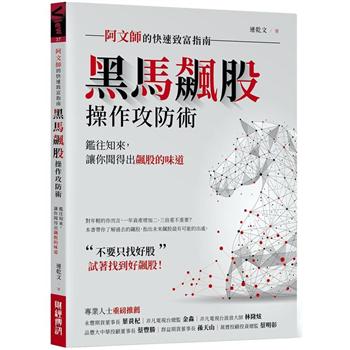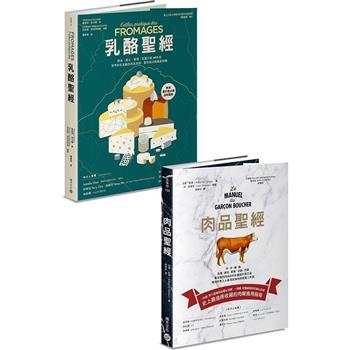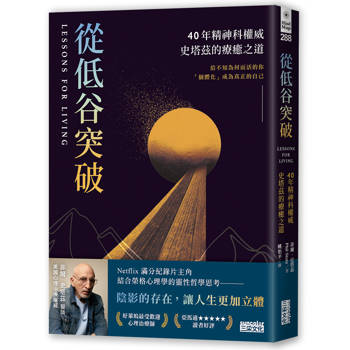This book covers various categories and topics, and some of the categories it could be classified into are:
Existential Philosophy: The book explores existential philosophical themes through Socratic conversations between the protagonist, George Mario, and anthropomorphic characters representing different animal families. Social Criticism: The narrative criticizes man’s disaffection with nature and the tendencies developed as he becomes "civilized," pointing out the inhumanity and cruelty caused by isolation and frivolous distraction. Utopia and Dystopia: The author presents utopian and dystopian scenes to illustrate natural and democratic life in the face of today’s society, exploring the possibility of an existence without isolation and misery. Socialism: Socialist existence in neat little towns is addressed as an alternative to current society, highlighting a moral and improved approach to libertarianism. Spirituality and Natural Order: The book proposes that by focusing on spirituality, both at the individual and community levels, one can establish a natural order for life, overcoming selfishness and creating a world of natural justice. Character Development: The narrative follows the journey of the protagonist, George Mario, in his quest to understand and fulfill his potential, providing answers instead of conflicts and leaving his fate unresolved for readers to ponder.| FindBook |
有 1 項符合
The boy, the condor, the monkey and the tortoise: A tale about the boy who yearned to fly的圖書 |
 |
The boy, the condor, the monkey and the tortoise: A tale about the boy who yearned to fly 作者:Bedoya Martinez / 譯者:Balderas,Edward 出版社:Independently Published 出版日期:2019-05-20 語言:英文 規格:平裝 / 116頁 / 22.86 x 15.24 x 0.61 cm / 普通級/ 初版 |
| 圖書館借閱 |
| 國家圖書館 | 全國圖書書目資訊網 | 國立公共資訊圖書館 | 電子書服務平台 | MetaCat 跨館整合查詢 |
| 臺北市立圖書館 | 新北市立圖書館 | 基隆市公共圖書館 | 桃園市立圖書館 | 新竹縣公共圖書館 |
| 苗栗縣立圖書館 | 臺中市立圖書館 | 彰化縣公共圖書館 | 南投縣文化局 | 雲林縣公共圖書館 |
| 嘉義縣圖書館 | 臺南市立圖書館 | 高雄市立圖書館 | 屏東縣公共圖書館 | 宜蘭縣公共圖書館 |
| 花蓮縣文化局 | 臺東縣文化處 |
|
|
圖書介紹 - 資料來源:博客來 評分:
圖書名稱:The boy, the condor, the monkey and the tortoise: A tale about the boy who yearned to fly
|









